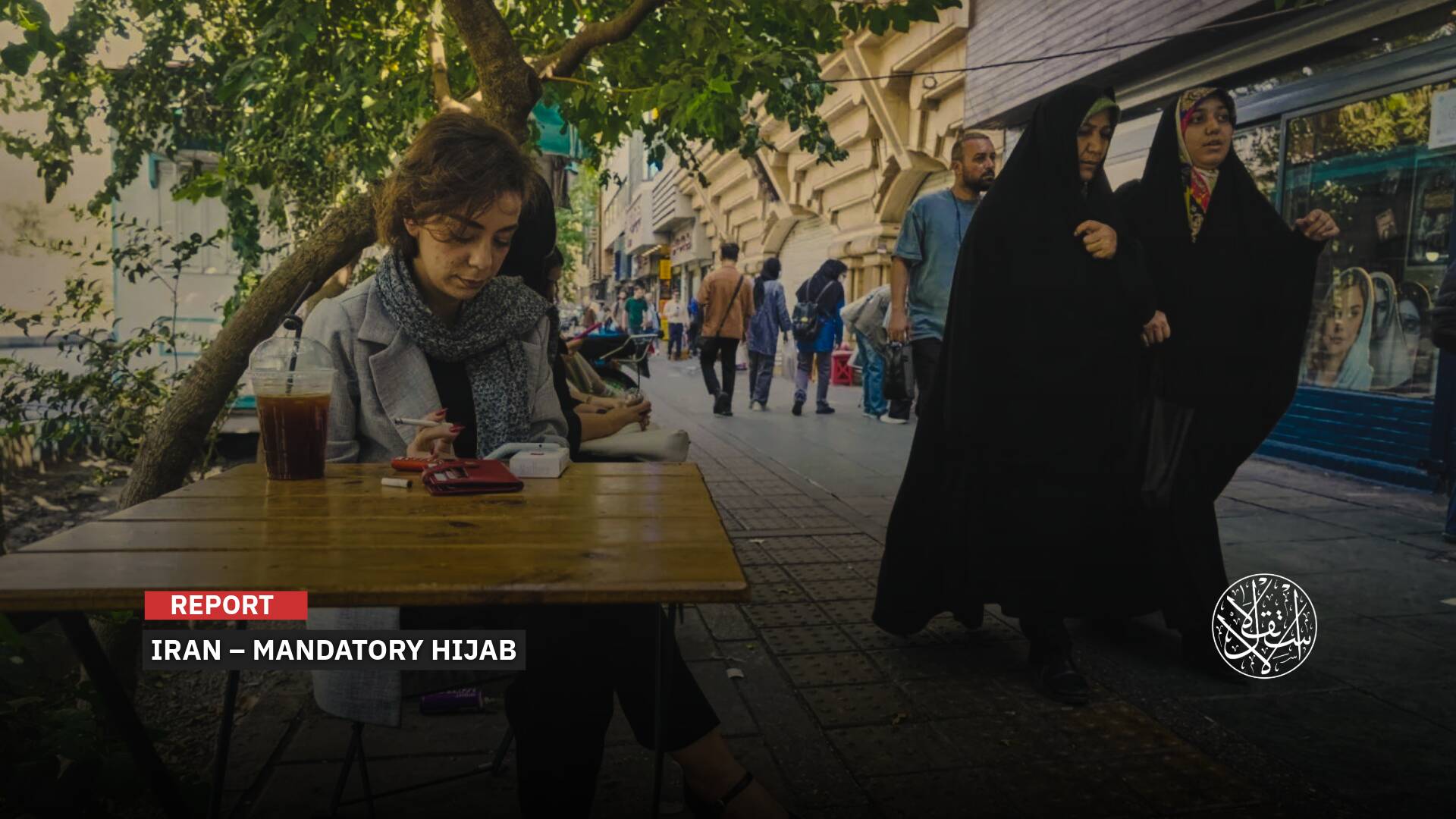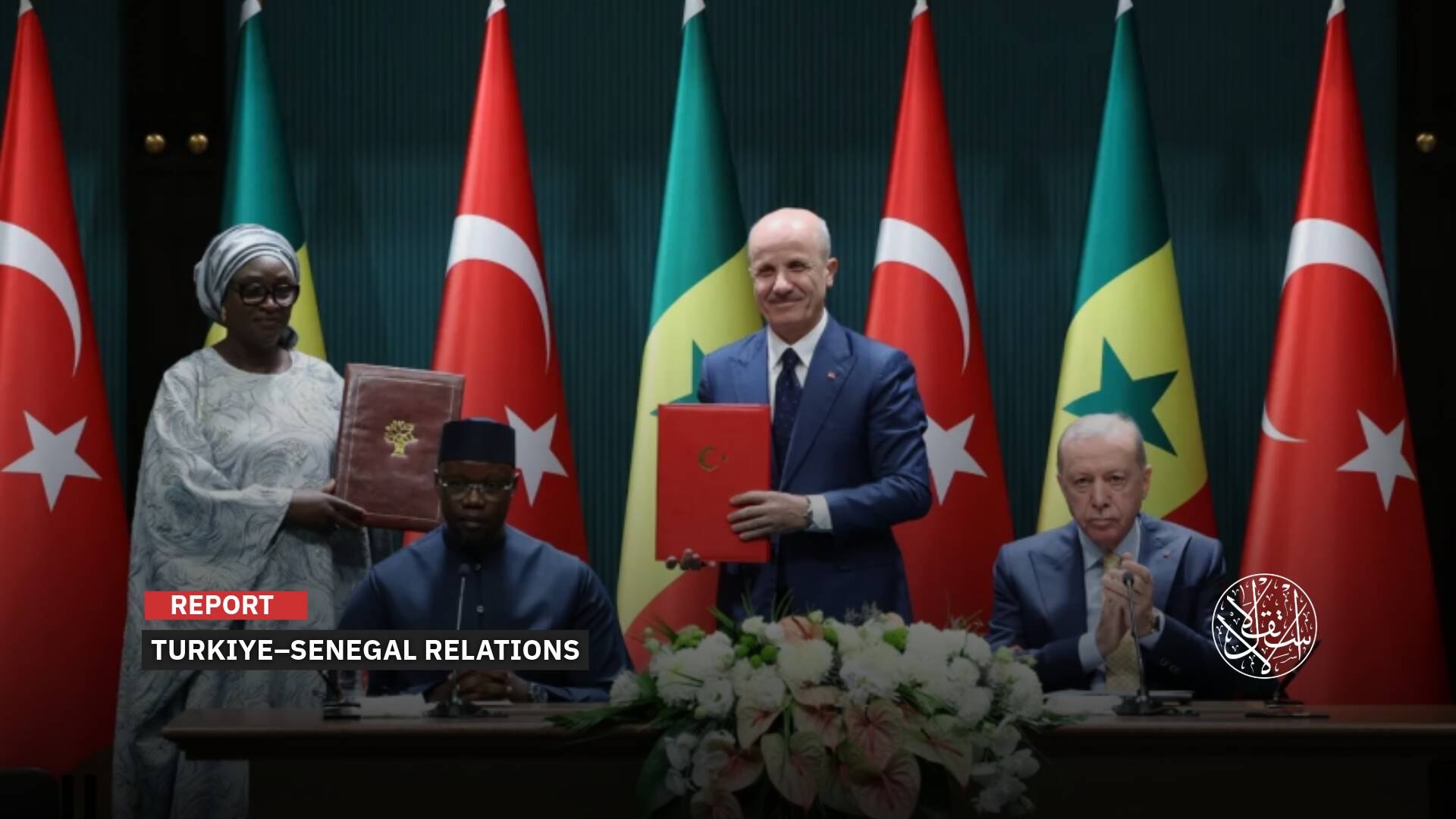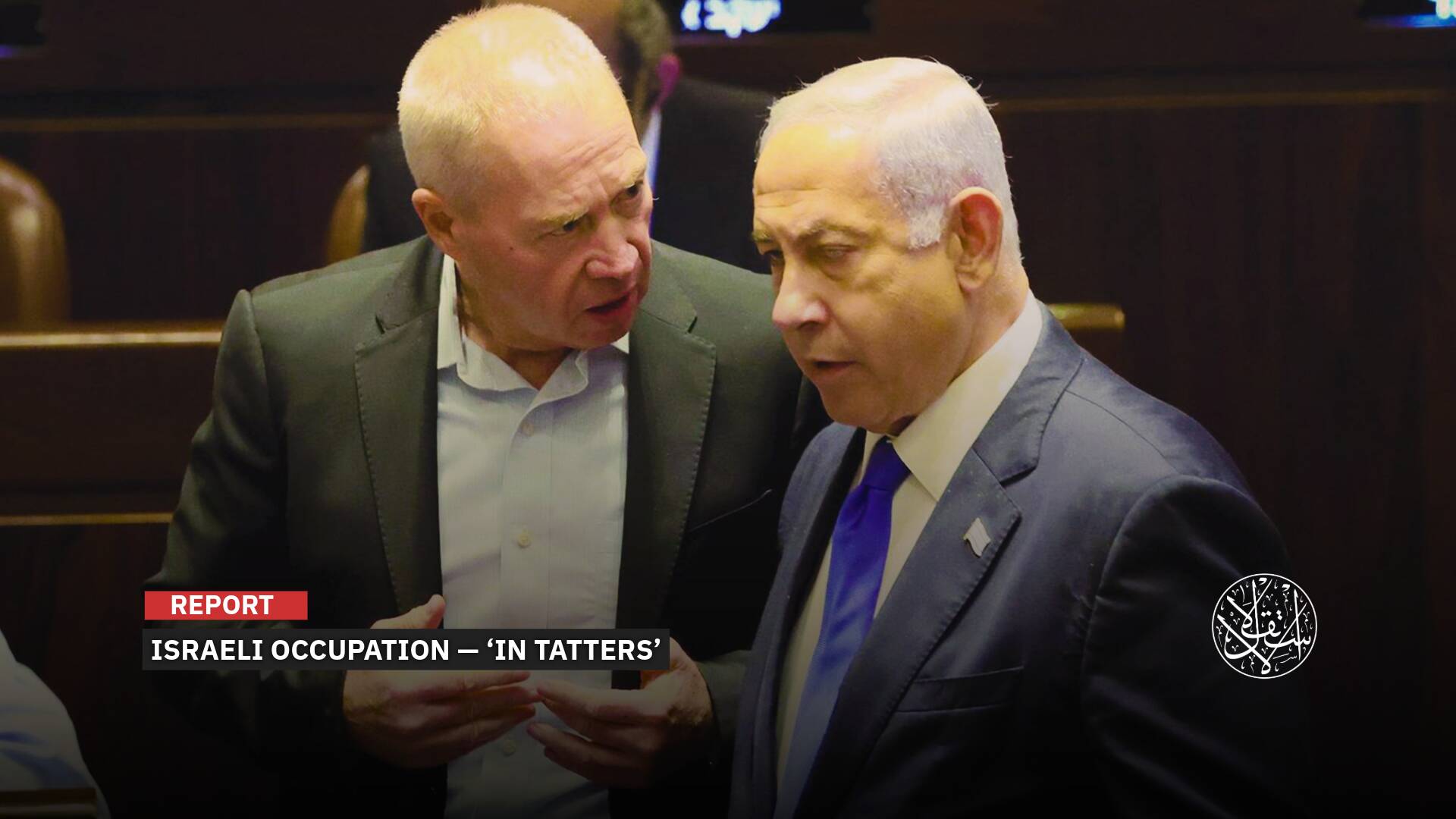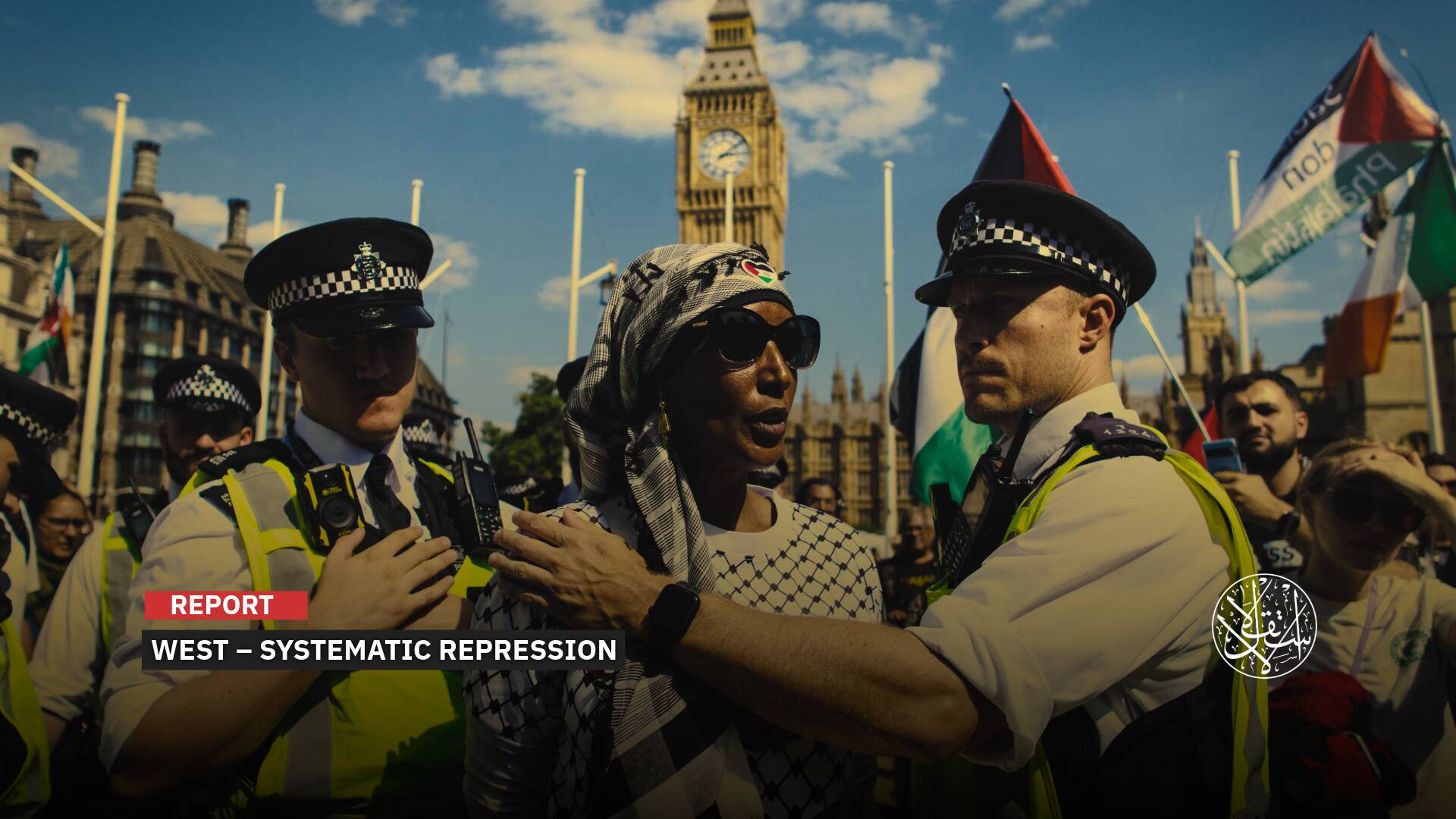Will the Second Trump Administration Be the Most Pro-settlement in US History?

“Trump's pick for ambassador to Israel, Mike Huckabee, has long rejected a Palestinian state.”
With reports emerging that the Israeli government has been holding closed-door discussions in recent days about putting annexation of the West Bank back on its agenda once President-elect Donald Trump takes office on January 20, there are signs that the new US administration does not object to such a move.
The picks of both Trump and Israeli Prime Minister Benjamin Netanyahu of new ambassadors to Jerusalem and Washington clearly signaled the direction of events regarding the future of the occupied West Bank.
Trump’s other picks have not escaped political and media observers in Washington, as they all, according to observers, portend further pressure on the Palestinian people while strengthening the position of hardliners in “Israel”.
While “Israel” is governing the most pro-settlement government in the West Bank in its history, some on the Israeli right are hoping that the second Trump administration will be the most pro-settlement in US history.
Trump’s Picks
So far, US President-elect Donald Trump has chosen figures to assume key ministerial portfolios and sensitive positions in a manner that pleases Israeli Prime Minister Benjamin Netanyahu and the settlers in an unprecedented manner.
Experts also believe that Trump’s picks encourage Netanyahu to believe that he will get the green light to pursue whatever strategy he deems necessary.
Both Washington’s ambassador to Tel Aviv and Trump’s Middle East envoy are seen as allies of Israeli settlers and close to the American Jewish community.
Trump has chosen former Arkansas Governor Mike Huckabee, who has a close relationship with Netanyahu, as US ambassador to “Israel”.
Huckabee is an evangelical Christian with a longstanding connection to the settlement movement and a deeper history of calling for the annexation of the West Bank.
During his 2008 presidential run, Huckabee claimed that there was nothing Palestinian, arguing that land for a future Palestinian state should be taken from other Arab countries, not from “Israel”.
He also claimed in 2015 that “Israel” has a stronger historical connection to the West Bank than the United States has to Manhattan.
In 2019, he also said that he personally believes “Israel” has the right to annex parts of the West Bank.
In turn, Netanyahu recently announced that Yechiel Leiter would be the next Israeli ambassador to Washington, taking office on January 20, 2025, the day Trump is inaugurated.
According to Israeli media, Leiter has been associated with right-wing political centers, including the Jerusalem Center for Public Affairs and the Kohelet Forum.
Haaretz also reported that Leiter was a former member of the Jewish Defense League, founded by far-right rabbi Meir Kahane.
Leiter rejects the establishment of a Palestinian state and has repeatedly called for “Israel” to annex large parts of the West Bank, meaning that both officials in charge of relations between Tel Aviv and Washington hold views that are in favor of annexing more Palestinian territory on an unprecedented scale.
In the same context, Trump also chose his close friend and Jewish businessman Steven Witkoff as his special envoy to the Middle East.
Witkoff, a Jew and a staunch supporter of “Israel”, was the main contact person for the American Jewish community during Trump’s campaign.
While he has no diplomatic background or previous experience in Middle Eastern affairs, he has experience negotiating deals, which could help the president-elect move forward with normalization agreements between Arab states and “Israel”.
Witkoff attended Netanyahu’s speech to a joint session of Congress on July 24, and used the interview he gave afterward to regret any criticism he had made of the Israeli prime minister.
He raised a vast amount of money for Trump’s campaign — including from Jewish voters after the Biden administration stopped shipping some bombs to “Israel”.

Pro-Israel Policy
Israel Hayom newspaper linked Trump's potential picks to the future of “Israel” and the region, anticipating fundamental shifts that could reshape Israeli policy in the coming years.
According to the newspaper, Israeli leaders believe they have a golden opportunity in the next two years, the remaining period of Netanyahu's term, to exploit the special relationship they have with the Trump administration to rearrange regional conditions in a way that serves Israeli interests.
In a related context, new figures have also been announced who are expected to fill prominent positions in the second Trump administration, raising expectations that his foreign policy will be more pro-Israel.
Among them is Florida Senator Marco Rubio as a pick for Secretary of State, a position that has been held in previous administrations by a number of figures who support the Israeli orientation in the Middle East.
Rubio is known for his dedication to “Israel”, as the American Israel Public Affairs Committee (AIPAC) supported him in the November 2010 elections when he was 39 years old.
On its part, the Republican Jewish Coalition welcomed Rubio’s potential pick when it was first reported last week.
President-elect Trump also picked Republican Congresswoman Elise Stefanik of New York to be the US ambassador to the United Nations.
Stefanik is more ideologically fervent in her support for “Israel” than Trump's former UN ambassador, Nikki Haley.
She has also strongly condemned the Biden-Harris administration for not adequately arming “Israel”.
Stefanik has also played a pivotal role in launching a crusade against anti-Semitism over the past year.
Trump has also courted controversy by choosing Pete Hegseth as defense secretary, especially since he had been cynical about Palestinian civilian casualties while serving as a host on the pro-Israel Fox News channel.
Hegseth has frequently launched scathing attacks on the Palestinians on his programs, considering all Gazans complicit in the October 7, 2023, attack.
He is a staunch supporter of the settlement movement and annexation of the West Bank.
He spoke in 2018 during a visit to occupied Jerusalem about the right of the Israelis to the Land of “Israel” and to the Temple Mount.
As for Michael Waltz, Trump's nominee for national security adviser, he had previously publicly called for allowing “Israel” to finish the mission, i.e., eliminate the remaining Gazans, and allow Netanyahu to do whatever he wanted.
John Ratcliffe, Trump's Pick for CIA Director, also called for giving Netanyahu a free hand to complete the mission, noting the need for “Israel” to share all the intelligence assets that the United States possesses.
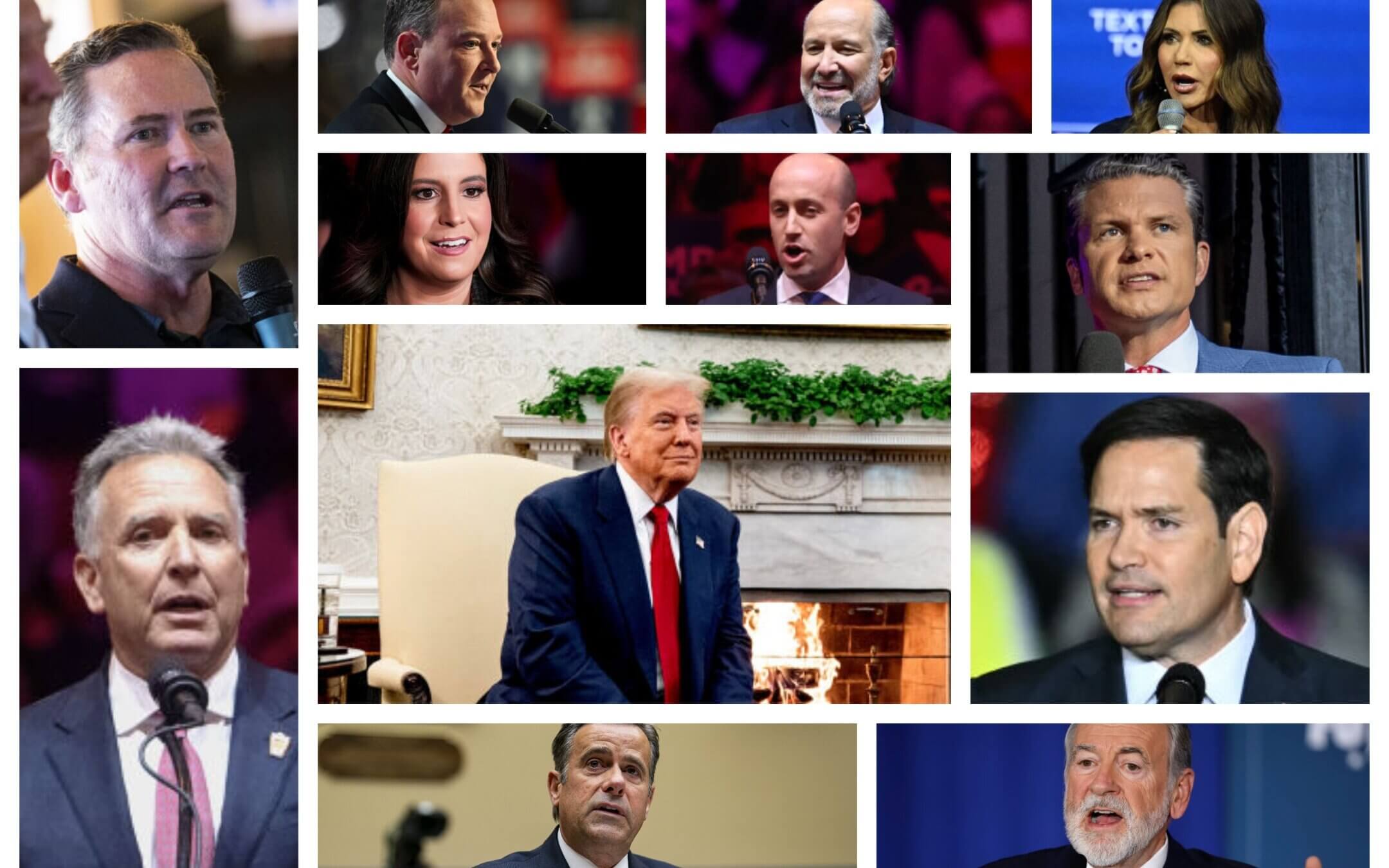
Israeli Settlement
There is no reason for Palestinians to believe that Trump's policy in his second term 2024-2028 towards the Palestinian issue will differ from his first term 2016-2020, during which he moved the US embassy from Tel Aviv to Jerusalem, proposed what he called the Deal of the Century (Abraham Accords) and others.
Trump, who always describes himself as Israel's best friend, had said in his speech before the Israeli-American Council in Washington on September 19: “We will make Israel great again.”
Between Trump's first term and his second term, Israeli settlements expanded in the West Bank and Jerusalem, and the number of settlers in its settlements reached about 720,000 during the era of the Netanyahu government.
With Trump's arrival at the White House in early 2025, and in light of the geopolitical changes in the West Bank, due to the intensive settlement expansion, the US president in his new term will not find it embarrassing to fulfill his promise to the Jewish-American billionaire Miriam Adelson, to support “Israel” in annexing the West Bank or parts of it.
Adelson had made this conditional on Trump in exchange for $100 million that she donated to his election campaign, just as he had kept his promise to her husband Sheldon Adelson during his first term, to move the US embassy from Tel Aviv to Jerusalem in exchange for $82 million, which the Jewish-American billionaire donated to Trump’s campaign in 2016.
In addition to expectations that the new Trump administration will continue to support “Israel” in continuing its war in the Gaza Strip and Lebanon and preventing the establishment of a Palestinian state, it is also likely that it will continue its war on UNRWA, which it had begun during its first term by cutting funding to it in August 2018, with the aim of liquidating the Palestinian refugee issue in preparation for liquidating the Palestinian cause completely.
In addition, Trump will not find it difficult in his second term to continue the war on UNRWA, and perhaps on the United Nations regarding its policies towards the Palestinian cause, especially after the laws recently passed by the Israeli Knesset, including banning UNRWA in the occupied Palestinian territories.

On his part, activist Omar Taha said in a statement to Al-Estiklal that “Trump is one of the most pro-Israeli American presidents, as he took unprecedented steps during his first term, and it is expected that US military, economic and political support for Israel is increasing in his second term.”
“Trump’s increasing support may encourage the Israeli occupation to take unilateral steps, such as annexing more Palestinian lands or expanding settlements, which would make the establishment of an independent Palestinian state unfeasible,” he said.
Mr. Taha pointed out that “Trump’s religious inclinations – especially those related to the prophecies of evangelical Christian groups about the gathering of Jews in Palestine, the descent of Jesus Christ, peace be upon him, and the Battle of Armageddon – play an important role in shaping his orientations in supporting the Israeli occupation projects in the region without caring about anything else.”
Sources
- Your complete guide to Trump’s Jewish advisers and pro-Israel cabinet
- Trump picks settlement backer Mike Huckabee as next US ambassador to Israel
- Netanyahu appoints hardline backer of settlements as Israeli envoy to US
- What to Know About Elise Stefanik, Trump’s Pick for U.N. Ambassador
- Trump’s defense choice stuns the Pentagon and raises questions about the Fox News host’s experience





